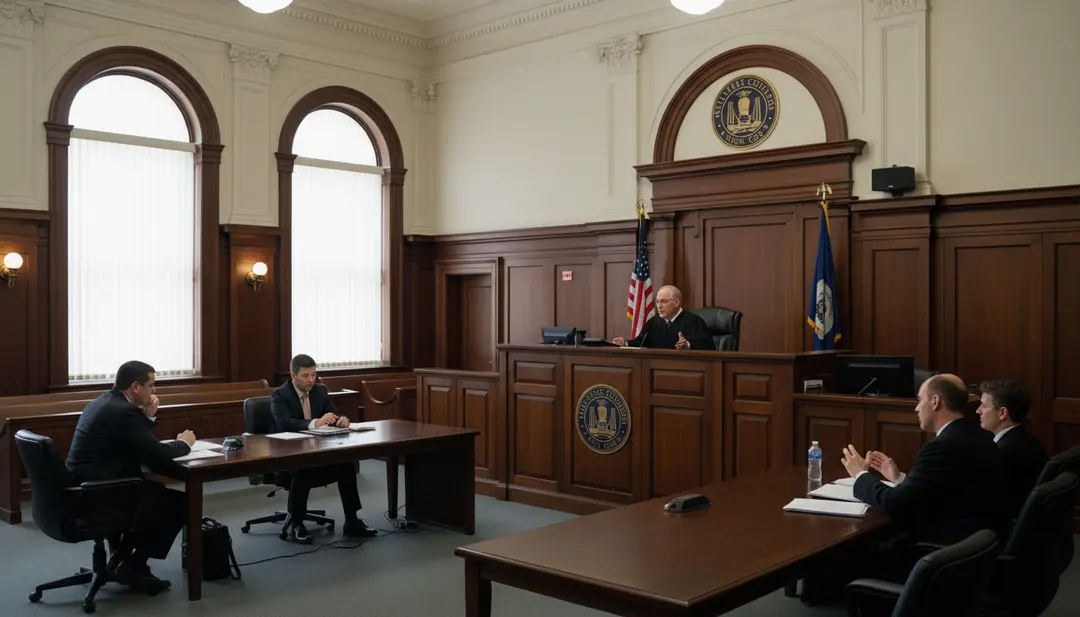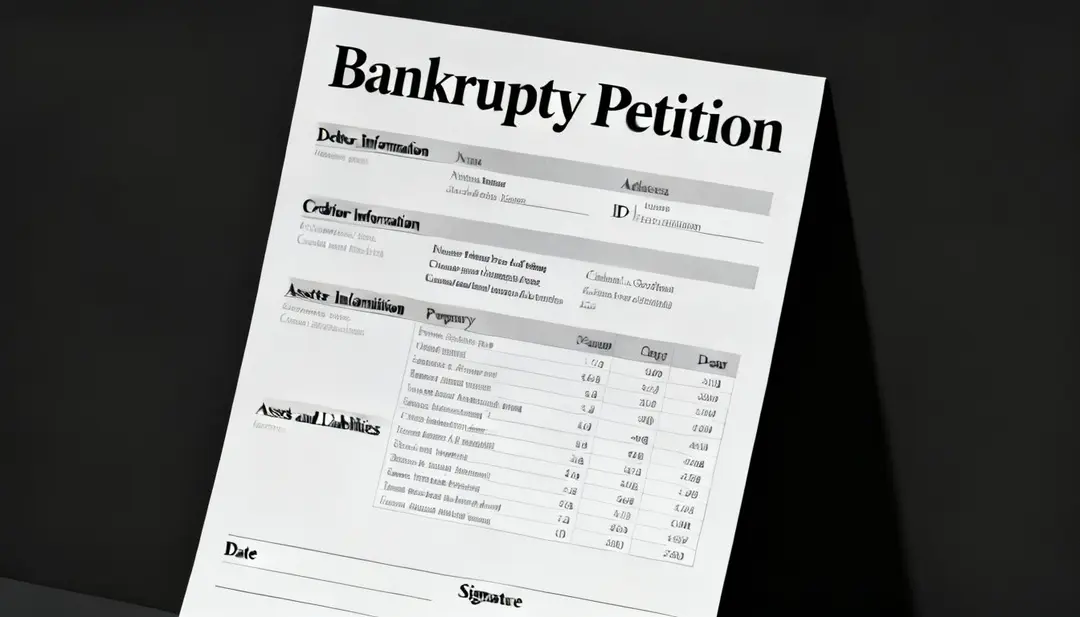In the ever-evolving legal landscape, homeowners associations (HOAs) and planned communities in Arizona find themselves with some new reporting requirements from the Federal Corporate Transparency Act (“CTA”). This new piece of legislation, aimed at curbing illicit financial activities, necessitates meticulous attention from associations to ensure compliance. As directors, board members, and community managers grapple with these new directives, it becomes imperative to understand the implications of the CTA and embrace a proactive approach to compliance.
This article breaks down the Federal Corporate Transparency Act, tells you exactly what info you need for the beneficial owners report, and highlights why getting legal help is key to making sure your Arizona HOA is ready for the new reporting rules.
Defining the Federal Corporate Transparency Act
The Federal Corporate Transparency Act (CTA), part of the National Defense Authorization Act, became law in January 2021. It introduces reporting requirements for a broad range of entities, with the intent of providing clearer visibility into corporate ownership. The law mandates that detailed information about the beneficial owners must be provided to the Financial Crimes Enforcement Network (FinCEN), an agency operating under the authority of the U.S. Department of the Treasury.
The CTA’s inception is rooted in a long-standing initiative to combat financial crimes such as money laundering and terrorist financing. By compelling entities to disclose information about their beneficial owners, the act seeks to peel back layers of anonymity that could potentially shield illicit financial activities. The database maintained by FinCEN, bolstered by the data collected through the CTA, is intended to be a resource for law enforcement in their investigative efforts.
The Community Association Institute (“CAI”) is lobbying for exemptions for HOAs. However, for now, homeowners associations in Arizona now find themselves within the scope of the CTA, necessitating a familiarity with its reporting requirements and a commitment to adherence. As this law takes effect, these associations are called upon to contribute to the broader initiative of financial transparency and accountability.
Understanding Beneficial Owners and Reporting Requirements under the Federal Corporate Transparency Act
The Federal Corporate Transparency Act brings forth specific guidelines for entities, including homeowners associations in Arizona, outlining who qualifies as a beneficial owner and what information needs to be reported. Under the Act, a beneficial owner is defined as someone who:
- Holds significant control over the entity, or
- Possesses at least a 25 percent stake in the entity’s ownership interests.
Board members of an HOA ‘exercise substantial control’ over the community, and therefore fall into the CTA reporting requirements. Any homeowner or investor, regardless of their status as a board member, may also need to report if they own multiple units in a community totaling 25% or more of the homes.
To comply with the CTA, these individuals with the association are required to submit a detailed report on their beneficial owners, which encompasses the following key pieces of information:
- Full Legal Name: The beneficial owner(s) must include their complete and formal name as recognized legally.
- Date of Birth: The beneficial owner(s) must include their full date of birth, which helps confirm their identity and determine their age.
- Current Residential or Business Street Address: The present address of the beneficial owner, providing a point of contact and verification.
- Unique Identifying Number: A number obtained from an acceptable identification document, ensuring a unique and secure method of identifying the beneficial owner. Driver’s license or passport number are typically used here.
- Copy of Legal Identification: An image of the identification document that provides the unique identifying number adds an extra level of confirmation.
Ensuring accurate and complete reporting is essential to comply with federal regulations and safeguard the association from potential legal consequences.
Limited Exemptions
The majority of Arizona HOAs are subject to BOI reporting. The CTA does provide limited exclusions from reporting if the corporation employs more than twenty full-time employees or has gross sales over $5,000,000.00. There may also be an exemption if your HOA is registered with the IRS as a 501(c) charitable organization. If you believe any of these exemptions may apply, consult your accountants and attorney.
Important Deadlines and Penalties
The CTA imposes strict deadlines for reporting. Existing non-profit HOA corporations have until January 1, 2025 to comply by submitting their BOI reports to FinCEN. New non-profit HOA corporations formed after January 1, 2024 must report at the time of formation or within 90 days during 2024, and within 30 days in 2025.
Failing to adhere to the CTA’s guidelines could lead to significant consequences. Providing false or fraudulent information, or failure to report complete or updated information, may attract civil penalties of up to $500 per day and criminal fines up to a maximum of $10,000.00, as well as imprisonment for up to two years, or both.
We strongly encourage your community to discuss this emerging topic with your attorney for details on how to achieve compliance and create systems to avoid these penalties.
Navigating the CTA Compliance Requirements with Expert Legal Assistance
As homeowners associations and planned communities in Arizona grapple with the implications of the Corporate Transparency Act, it remains paramount to stay updated with developments in the new law. In March 2024, an Alabama Federal Court found the Corporate Transparency Act unconstitutional. There will likely be an appeal and a final decision could be some months away. What is certain is there will be changes ahead of the January 1, 2025 reporting date.
Our legal team brings a wealth of expertise to bear for Arizona associations and planned communities, positioning us as invaluable partners for your association in these times of change. Collaborating with our attorneys ensures that your community not only comprehends the complexities of the law but also adheres to its mandates with accuracy and diligence.
- Accurate Reporting and Compliance: We assist you in gathering and submitting all required information, ensuring your association remains in good standing.
- Protection of Community Interests: Our commitment extends to safeguarding the integrity of your community, fostering a culture of transparency and accountability.
Take a proactive stance and connect with our law firm to help steer your community through the demands of the CTA. In doing so, you fortify the integrity and reputation of your association, paving the way for a secure and prosperous future for all residents. Schedule an initial consultation with our firm using the contact us page of our website.
Halk, Oetinger, and Brown shares this article for informational purposes only, and it does not create an attorney-client relationship.















